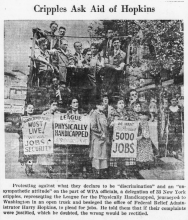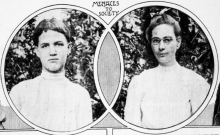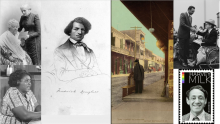In this Issue:
- News of the Field
- Disability History News & Resources
- Events @ Emerging America
- Other Events
- Teaching Resources
- New at the Library of Congress
Featured November-December Teaching Resource: New Topical Student Research Guides on Disability History from Emerging America and Keene State College.









